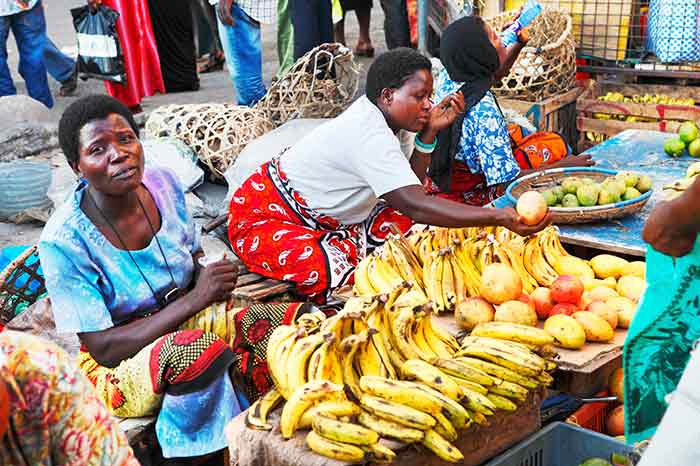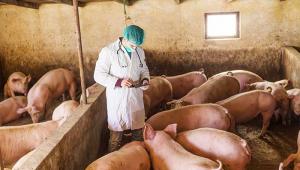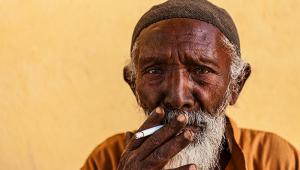web_africanwomenmarket_istock_000073293891_large.jpg

Women selling fruit at market
In a report released for International Women’s Day, the AfDB outlined how the Ebola outbreak in west Africa disproportionately affected women, and highlighted a number of recommendations to adequately integrate gender into the Ebola response.
“We have long suspected that infectious diseases tend to exacerbate the socio-economic vulnerabilities that are present prior to an outbreak, and that knowledge has been confirmed here,” said Geraldine Fraser-Moleketi, vice president and special envoy on gender at the AfDB.
“Countless lives were lost in this battle [against Ebola] and the repercussions will be felt for years to come in terms of economic growth. For women there was, and still is, a danger of reverting to the way things were before.”
The report said women in the three worst-affected countries, Liberia, Guinea and Sierra Leone, were more likely to become infected in the first place because of their traditional roles as caregivers, cross-border traders and marketers.
Their livelihoods were also impacted as community and national markets closed and other women-dominated industries like hospitality, retail trade and tourism suffered.
Women who worked in Ebola treatment were stigmatised and widows were barred from accessing their deceased husband’s lands because of discriminatory inheritance laws.
As health services around the three countries crumbled, women were less able to access healthcare and reproductive, child and pregnancy related services, leading to an increase in maternal, infant and child mortality.
The pressures of Ebola also lead to a spike in abuse and sexual and gender based violence against women, with victims less able to access justice mechanisms.
The report noted that particularly vulnerable women, such as those who are mentally or physically disabled or elderly, were likely to have been doubly or triply impacted.
“It is impossible to build resilience to Ebola and future infectious disease shocks in households and communities without also addressing systematic gender inequality,” the report stated, explaining that the different skills, roles and coping mechanisms between genders have consequences for resilience.
The AfDB said research on the socio-economic impact of Ebola on women is needed to inform policy decisions about how to mitigate challenges in the aftermath of the epidemic.
Greater partnership is needed among donors to fill the infrastructure gap that contributed to the slow response to the disease and scholarships tailored for female healthcare workers who want to specialise in roles involved against the fight in infectious diseases are also necessary, it added.
The bank has already set up a $33.3m post-Ebola social investment fund focused on mitigating the economic losses of women and hoping to economically empower them afterwards.
Fraser-Moleketi said affected economies need to ensure women are empowered to rebuild and that the current nature of the ongoing crisis requires an increasingly multi-disciplinary approach and integrated response.
In January, all three of the worst-affected countries were declared Ebola free simultaneously for the first time, only for a case to be confirmed in Sierra Leone less than 24 hours later.
While the main transmission of the virus is thought to be over and the epidemic under control, small flare-ups are expected to continue and countries are remaining vigilant.
Liberia has also been declared free of the virus in May 2015, only for the virus to re-emerge twice since then.
Ebola claimed around 11,300 lives in Guinea, Liberia and Sierra Leone and more than 28,600 people were infected. The epidemic also decimated the countries’ health systems and economies, reversing many years of development gains.













